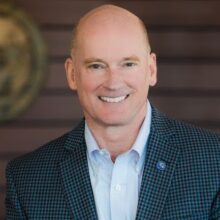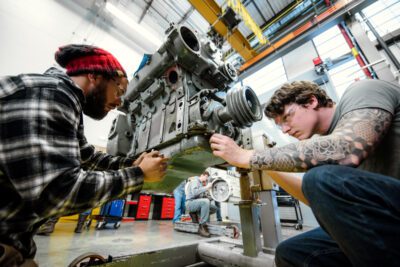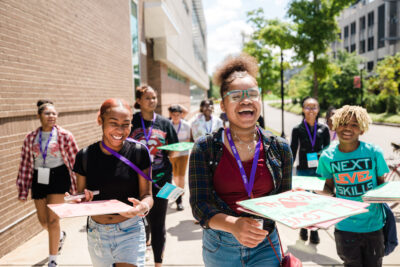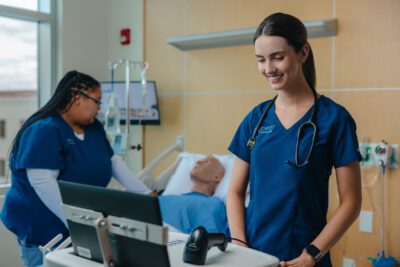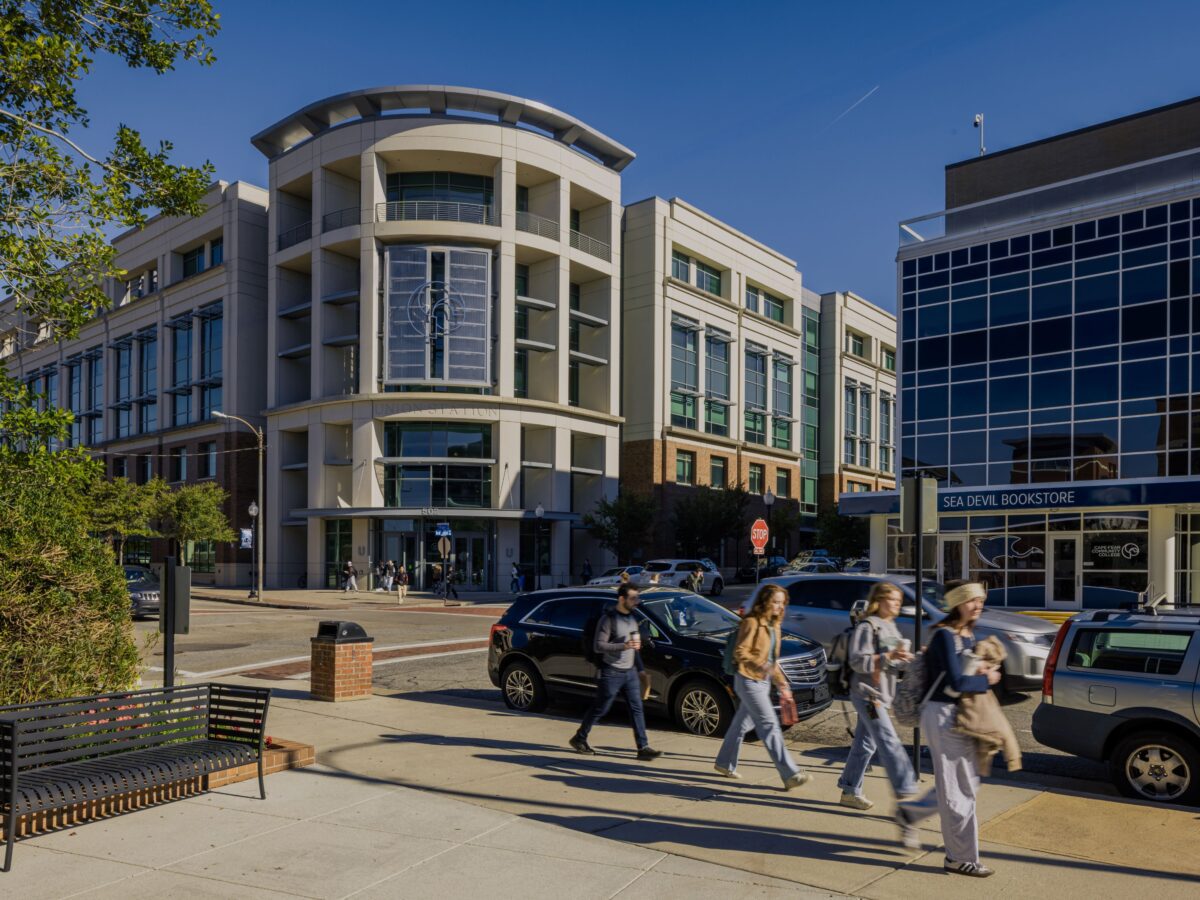
As a community college president, I’ve seen firsthand the significant impact that responsive education can have on the lives of those we serve. Community colleges have a mission to align programs with the evolving needs of our local workforce. Putting that mission into action isn’t just about offering new courses; it’s about listening, adapting, and being proactive in meeting the needs of our communities. Embracing this approach drives meaningful change and strengthens bonds between educational institutions and the communities we serve.
One of the most valuable actions a community college can take is to actively engage with local industries, businesses, and stakeholders. Listening to their challenges, understanding the gaps in the workforce, and recognizing emerging opportunities are vital steps in developing programs that truly serve the community. By maintaining open lines of communication, we can ensure that our program offerings are relevant and crucial in supporting local economic development.
For instance, Cape Fear Community College recently learned about current industry shortages of commercial airline pilots due to an uptick in pilot retirements during the COVID-19 pandemic and a mandatory retirement age requirement for pilots and air traffic controllers. We didn’t just take notes; we listened. We launched our career pilot program to directly address this need, creating a pathway for students as young as high school age to enter a field with strong job prospects.
Similarly, we are launching a geomatics program established in response to the need for skilled professionals in surveying and geospatial technologies, which are integral to urban development and environmental management. Our region is experiencing exponential growth and development, surging the demand for these positions. In an effort to meet this growing need, we are offering the course in various formats, including online, hybrid, and in-person. We aim to provide local employers with a pipeline of skilled professionals to meet their needs and support local development projects.
The takeaway is that developing programs in response to community needs goes beyond merely filling seats in a classroom. It’s about fostering an educational environment that equips students with skills that are in high demand, ensuring they are ready to contribute to their local economy upon graduation. It’s also about staying adaptable and prepared to pivot as the needs of the community change.
Another key program we’ve developed and implemented recently is our simulation and game development curriculum, which grew out of recognizing both the popularity of gaming and the broader applications of simulation technology across industries such as health care and education. By staying attuned to these trends, we can offer programs that not only attract students but also align with industry growth in our service area, opening doors to diverse career opportunities.
How do we position ourselves to listen? We regularly engage with our industry partners, attend local economic development meetings, conduct surveys to understand where the gaps lie, and participate in community events. Use the information you gain during these conversations to share programs, ensuring they are relevant today and adaptable for the future.
Listening to those we serve sometimes means creating programs that lead directly to job opportunities after graduation. Other times, it requires building stronger partnerships with universities to ensure our students have a seamless pathway to advanced degrees that fulfill local needs. Our students’ success and our communities’ vitality depend on our ability to listen, respond, and evolve. In doing so, we educate and encourage a cycle of growth and opportunity benefitting all stakeholders.
I believe community colleges play a vital role in economic development. We must be responsive and forward-thinking, providing education that benefits our students and strengthens our communities’ fabric. By prioritizing the community’s needs and actively seeking to meet those needs, we can create programs that are impactful, sustainable, and truly reflective of the world our students will enter.
